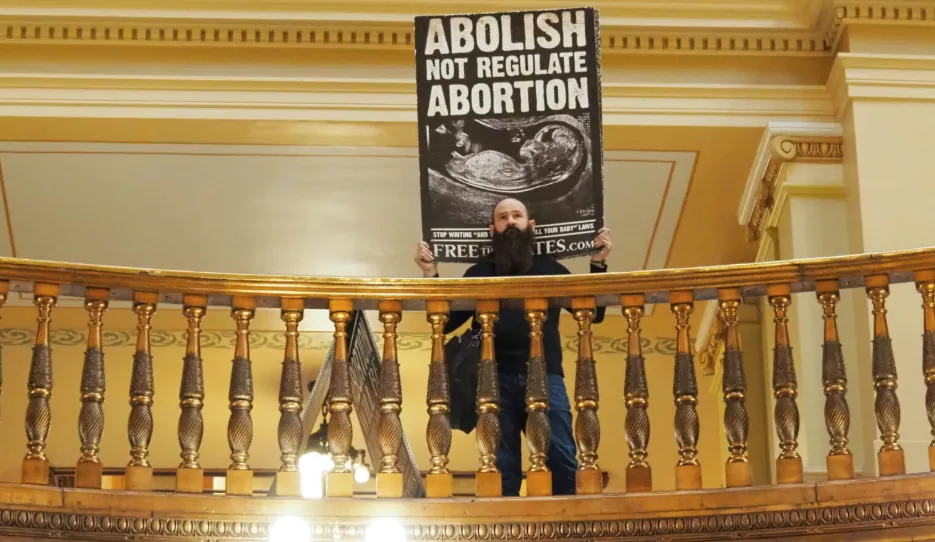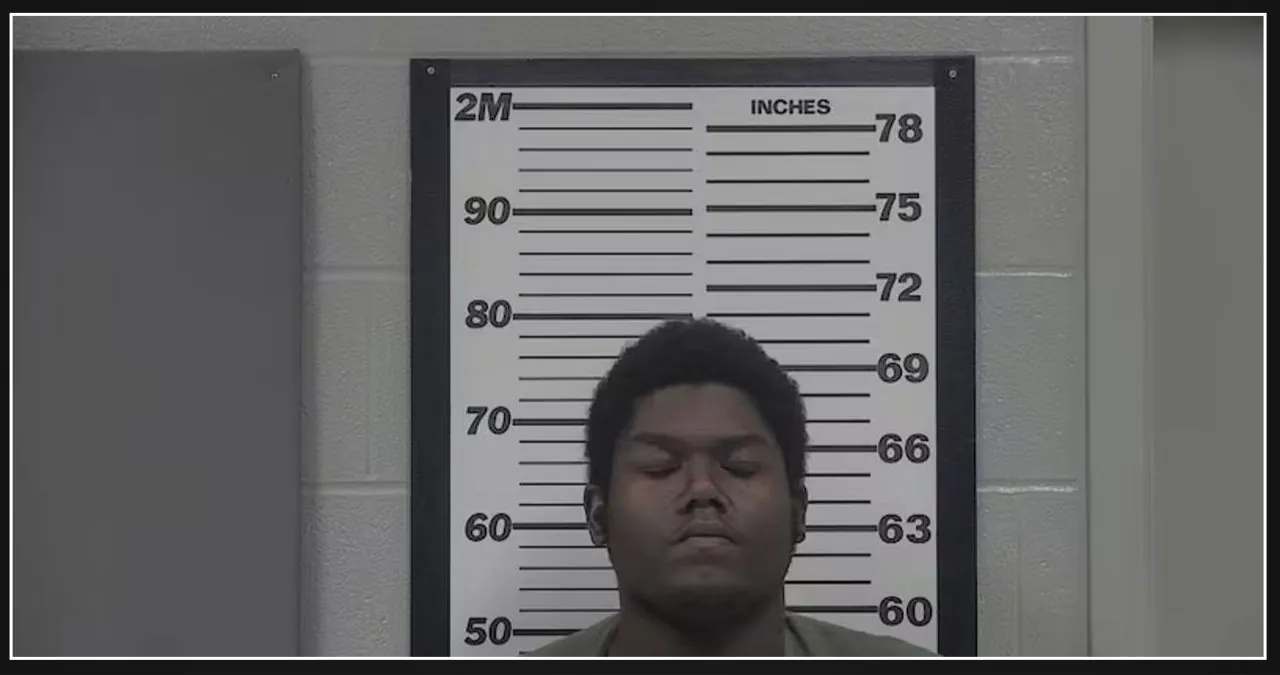At the Sedgwick County Department of Corrections youth intake facility, where he serves as the director, children arrive in a state of expulsion from school, with their days aimlessly stretched ahead. Recognizing this pressing issue, the county corrections department took the initiative to provide educational classes.
Around 100 children are receiving assistance, including at least four months of education and additional support such as anger management, grief counseling, and trauma counseling, according to Stonehouse.
The county’s Evening Reporting Center encompasses all of this.
According to Stonehouse, the program is known for its leniency towards behavior issues and similar challenges. Unlike other programs, youth are not expelled for misconduct that would typically warrant such consequences.
The statewide grant is aimed at providing funding for programming that aims to steer Kansas youth away from getting involved in the criminal justice system. In Sedgwick County, these programs serve as a prime example of how the allocated funds can potentially make a significant impact on a child’s life.
Stonehouse explained that their organization is committed to removing all barriers for children by offering transportation services and meals. They ensure that all kids are picked up and taken care of, providing them with the necessary support and resources.
Community groups have faced difficulties in obtaining grant funding, and it remains uncertain whether recent legislative action has addressed this issue.
In 2023, the state had allocated $36.3 million for evidence-based programs targeting minors, but only $9.8 million was ultimately utilized. Kansas increased its expenditure in 2024, allocating $21.5 million out of a $37.1 million budget for these programs.
Donald Hymer, an assistant district attorney in Johnson County, serves as the chair of the committee responsible for recommending the allocation of funds. While the committee does not have the final authority to make budget decisions, its input is valued and considered in the process.
Estimating the need for certain programs can be a challenging task, as highlighted by the fact that some groups end up returning leftover money. This occurs when these organizations overestimate the number of children they will assist. Such instances serve as a reminder of the complexities involved in accurately gauging the demand for specific programs.
Some groups are unaware of the existence of the funds and therefore do not apply for them. Additionally, certain groups that do apply for the funds must adhere to stringent requirements. Prior to 2024, the funds were exclusively allocated to evidence-based programs, representing the highest level of standards.
Stonehouse stated that his county corrections department has sufficient staff to undergo the necessary training and maintain a record of evidence-based programs to fulfill the grant requirements. However, smaller grassroots organizations lack the financial resources to send their staff for training and are unable to effectively monitor and track data.
Stonehouse expressed that having an evidence-based program may sometimes be excessive and unnecessary for everyone.
The Kansas Legislature has recently introduced changes that have streamlined the process of distributing funds from the evidence-based fund. One significant change is the approval of funds to support both the juvenile and their family, which was not permitted previously. Moreover, the funds can now be used to address a wider range of behavioral health issues, providing more comprehensive support.
According to Hymer, he is satisfied with the way the Legislature has established the fund. He believes that the next step would be to broaden its scope to include preventive resources and programs.
Senator-elect Stephen Owens, a Hesston Republican and current House member, suggests that lawmakers revisit the requirements during the 2025 session, despite the fact that the recent changes are less than five months old.
Gov. Laura Kelly previously withdrew $20 million from the fund and transferred it to the state general funds. Although the money was eventually returned, lawmakers recently passed a motion to once again withdraw $17 million from the fund.
“We simply aim to safeguard these funds and ensure they are utilized to benefit the children they were intended for,” Owens expressed.
According to Mike Fonkert, deputy director of Kansas Appleseed, their organization aims to utilize the funds to assist a wide range of young individuals. However, he also acknowledges the potential risk of making the money easily accessible to everyone.
According to Fonkert, if the allocated funds are used for additional programs and services, it might become insufficient to effectively assist the targeted beneficiaries – children within the criminal justice system.
According to Fonkert, there is a misconception among some individuals at the Statehouse that none of the money is being utilized. However, this perception is inaccurate.
According to Fonkert, the state has effectively distributed the funds and has been supportive of organizations in managing the grant process. While there may be room for improvement, he believes that the funds are readily available.
In January, the Legislature will reconvene, and during this time, House and Senate committees will engage in further discussions regarding the regulations governing the allocation of funds.






